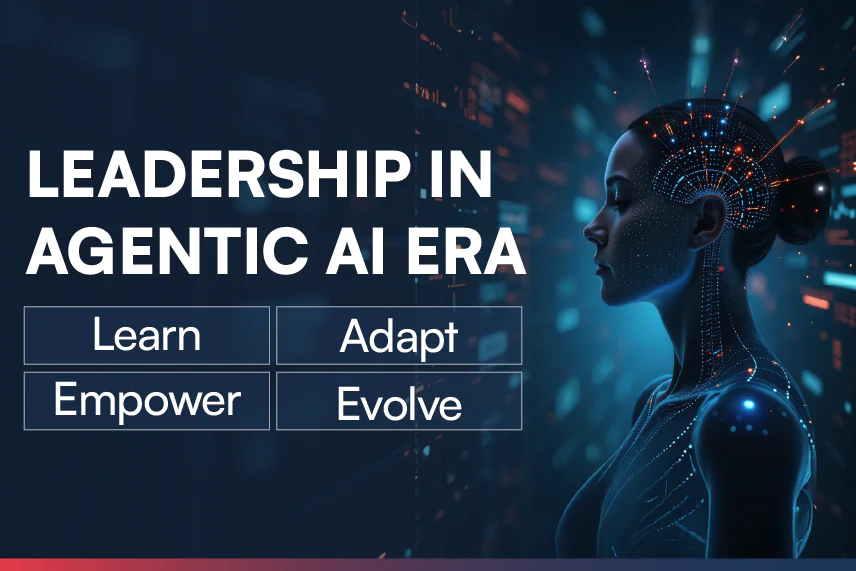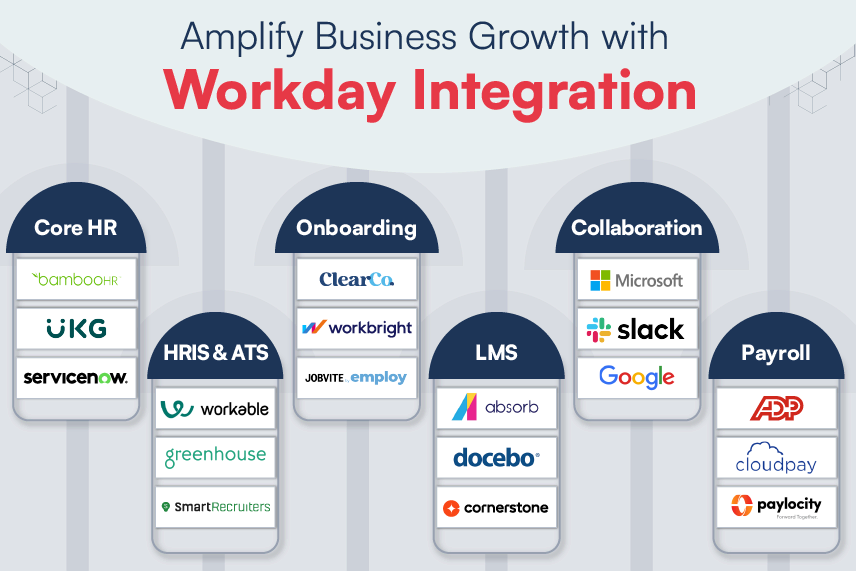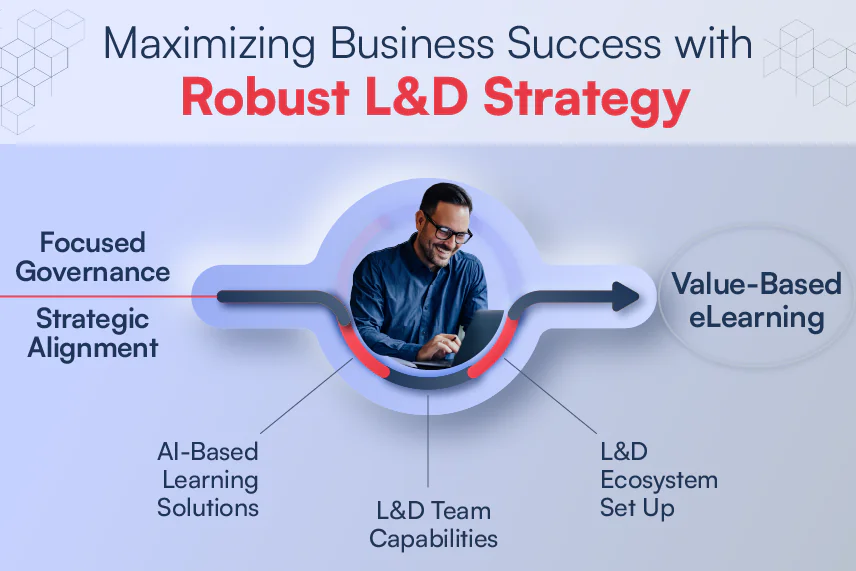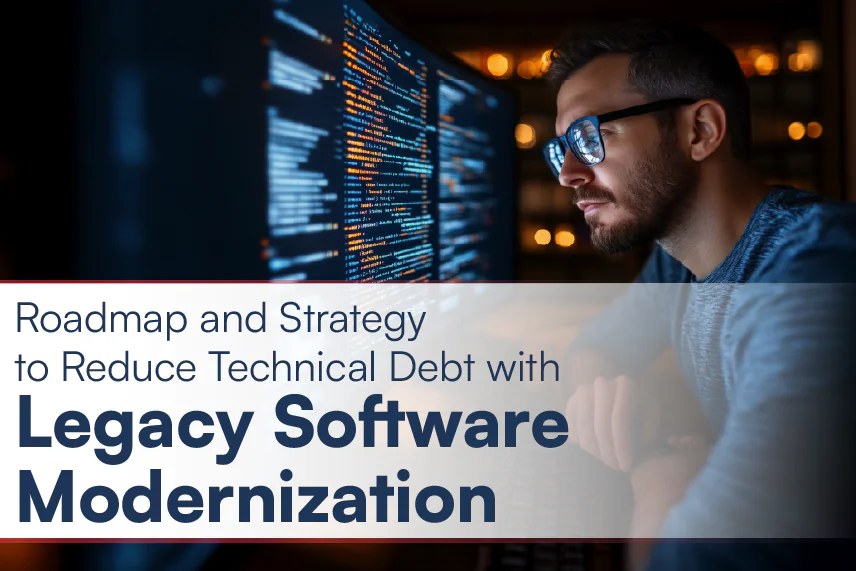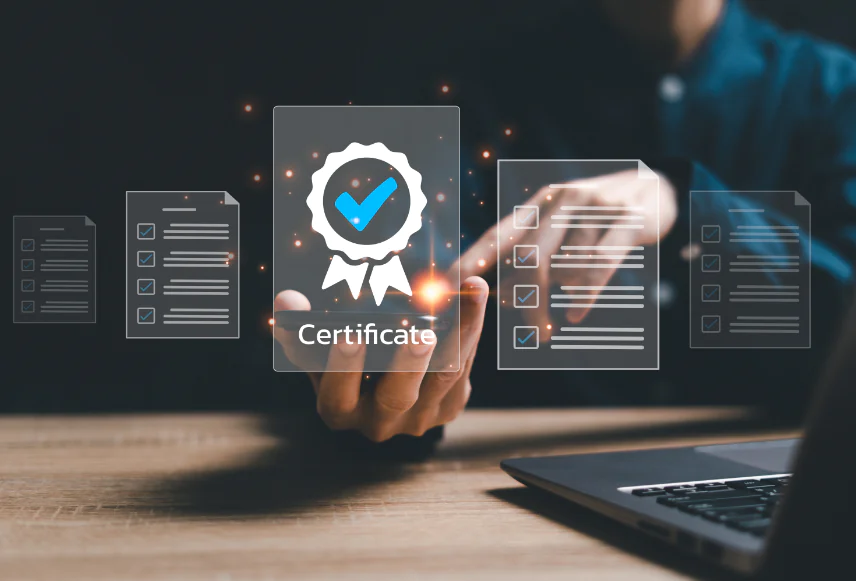
Microcredentialing platforms are a fine example of how technology is transforming learning and the way it is recognized. With technology transforming the workplace, it has become inevitable to bring the much-needed change in learning and make students and employees future-ready.
What are Microcredentials?
Microcredentials are short, focused, and competency-based recognition in the form of digital certifications or badges. They could be a series of courses that once completed culminate in digital recognition from an accredited university.
Microcredentialing is a great way to verify the learner’s competence in a particular skill set or skill and offer a pathway to not only recognize but also personalize professional learning. Besides students and employees, microcredentials help educators with recognition for the competencies or skills developed throughout their careers, and meaningfully improve their instructional practices.
What are Microcredentialing Platforms?
Microcredentialing platforms are high-tech companies that develop and issue certified microcredentials or digital badges and the technology used for building these platforms. To personalize learning, some of them even create an ecosystem of microcredentials by partnering with issuers, earners, and recognizers.
Microcredentialing platforms serve:
- Adult learners like higher education students and employees
- Universities, schools, and private educators
- Employers, non-profit organizations, and governments
- Professional development and training providers
Microcredentialing platforms can help organizations become micro-credential issuers by supporting them in the areas of technology and content development. They also allow hosting microcredentials privately or publicly. Some of them design a framework to guide the development of microcredentials and provide open badges, which are controllable, portable, shareable across multiple platforms, and verifiable.
Microcredentialing not only helps working professionals, but also students in higher education to enhance their skill profiles, upgrade continuously, and prepare for the ever-changing future of work.
Now, let’s look at some popular microcredentialing platforms available, companies that issue microcredentials, and the relevant technologies used to build microcredentialing platforms.

7 Popular Microcredentialing Platforms
Here are some of the most widely recognized and reputable microcredentialing platforms.
1. Coursera
It is a well-known online learning platform that partners with 300+ universities and organizations to offer a wide range of courses and certifications. Their microcredentialing programs are called “Specializations.” They offer courses for various fields such as Power BI, computer science, and data science.
2. edX
It is another leading online learning platform which was founded by Harvard and MIT. From AI and robotics to sustainability and public health, it covers nearly every career discipline with 4,200+ online programs. Their microcredentialing programs are called “MicroMasters,” which are a series of graduate-level courses in fields such as computer science, data analysis and statistics, engineering, and business management.
3. Udacity
It is a globally accessible digital upskilling platform focused on talent transformation. It mainly provides courses and certifications in technology-related fields such as AI, data science, cloud computing, and cybersecurity. Their microcredentialing programs are called “Nanodegrees.” These programs are designed to provide students with the skills and knowledge needed to succeed in a specific industry or career.
4. LinkedIn Learning
It is a subsidiary of LinkedIn which provides online training courses to help learners develop business, technology, and creative skills and achieve personal and professional goals. It offers a range of microcredentialing programs as part of “Skills Path,” which LinkedIn addresses as a new way to use LinkedIn Recruiter for skills-based hiring. These programs are designed to equip learners to acquire the skills and knowledge required for specific job roles.
5. Skillshare
It is an online learning community that offers several courses on diverse topics related to creative, business, technology, and lifestyle. Its microcredentialing programs are designed to help learners develop specialized skills in these fields, mainly creative. It has 34K+ classes, 800K+ members, and 11K+ teachers available, and has an app store rating of 4.8.
6. OpenLearn
It is a free, open online learning platform offering bite-sized learning experiences, operated by the Open University in the UK. It provides courses and microcredentials for a wide range of subjects including computing, technology, business, arts, science, politics, health, and sports. Its academic-led content includes 1,000+ short courses with 1 to 100 hours of study and thousands of interactive games, articles, and quizzes.
7. FutureLearn
It is a UK-based global online learning platform that offers a wide range of courses and microcredentials in fields such as business and management, IT and computer science, and healthcare and medicine. It partners with world-leading universities and brands to offer high-quality learning experiences. Its microcredentials include a formal online assessment. Some also offer academic credit to use toward a degree.

6 Recognized Companies that Issue Microcredentials
There are several other popular platforms that allow for the certification and issuance of microcredentials. Here are a few examples:
1. Credly
It is a leading digital credentialing platform that allows users to create, manage, and issue microcredentials. They offer a range of customizable options and integrations with popular learning management systems.
2. Acclaim
It is another platform that allows organizations to issue digital credentials, including microcredentials. They offer a range of customization options, including the ability to embed badges on websites and social media profiles.
3. Accredible
It is a platform that allows users to create and issue digital certificates and badges. They offer a range of customization options, including the ability to add logos, custom backgrounds, and custom fields to certificates and badges.
4. Open Badge Factory
It is a cloud-based platform that allows organizations to design, issue, and manage digital badges and certificates. They offer a range of customization options, including the ability to add custom metadata and issue badges in multiple languages.
5. Badgecraft
It is a platform that allows users to design, issue, and manage digital badges and credentials. They offer a range of customization options, including the ability to add custom metadata and issue badges in multiple languages.
6. Badgr
It has been taken over by Instructure. It is now an integral part of the Canvas product offering, along with LMS, Studio, Catalog, and Impact. It is known as “Canvas Credentials.”
These are a few examples of popular platforms for certifying and issuing microcredentials. Each platform offers unique features and benefits, so it’s important to evaluate them carefully to determine which one is the best fit for your needs.

5 Common Technologies for Building Microcredentialing Platforms
The technology stack used for building microcredentialing platforms can vary depending on the specific platform and its features. However, here are some common technologies that may be used:
1. Backend Technology
Microcredentialing platforms typically require a robust backend infrastructure to handle user data, badge creation, and management. Common backend technologies include databases such as MySQL or MongoDB, web servers such as Apache or Nginx, and programming languages such as PHP, Python, or Ruby.
2. Frontend Technology
The frontend of a microcredentialing platform is responsible for displaying the user interface and interacting with the backend. Common frontend technologies include HTML, CSS, and JavaScript frameworks such as React, Angular, or Vue.js.
3. API and Protocol
Microcredentialing platforms may use APIs (application programming interfaces) to integrate with other systems or to allow third-party developers to access their platform. Common APIs and protocols used in micro credentialing platforms include OAuth, Open Badges, and Tin Can API (also known as Experience API or xAPI).
4. Cloud Hosting and Storage
Many microcredentialing platforms use cloud hosting services such as Amazon Web Services (AWS) or Microsoft Azure for scalability and reliability. They may also use cloud storage services such as Amazon S3 or Google Cloud Storage to store badge images and other user data.
5. Security and Authentication
Microcredentialing platforms must have robust security measures in place to protect user data and prevent unauthorized access. Common security technologies used in microcredentialing platforms include SSL (Secure Sockets Layer) encryption, two-factor authentication, and data encryption.
These are some of the technologies that may be used in building a microcredentialing platform. The specific technologies and tools used will depend on the platform’s requirements, features, and goals.
Closing Note
Overall, microcredentialing platforms offer a flexible, focused, and efficient approach to learning and skill development, making them a valuable resource for individuals and employers alike. With competencies and skills becoming the new hiring currency, they facilitate searchable microcredentials to discover a diverse talent pool.
Microcredentialing platforms help organizations and learning providers operationalize a micro-credential strategy to make learning more career-enhancing, portable, visible, and even stackable. They are also an effective way to acquire, display, and deliver learning for the most in-demand 21st century skills while creating a unique online learning experience.
If you would like to learn more about microcredentialing platforms or how microcredentials help embrace the future of education, connect with our EdTech experts at contact@harbingergroup.com.


